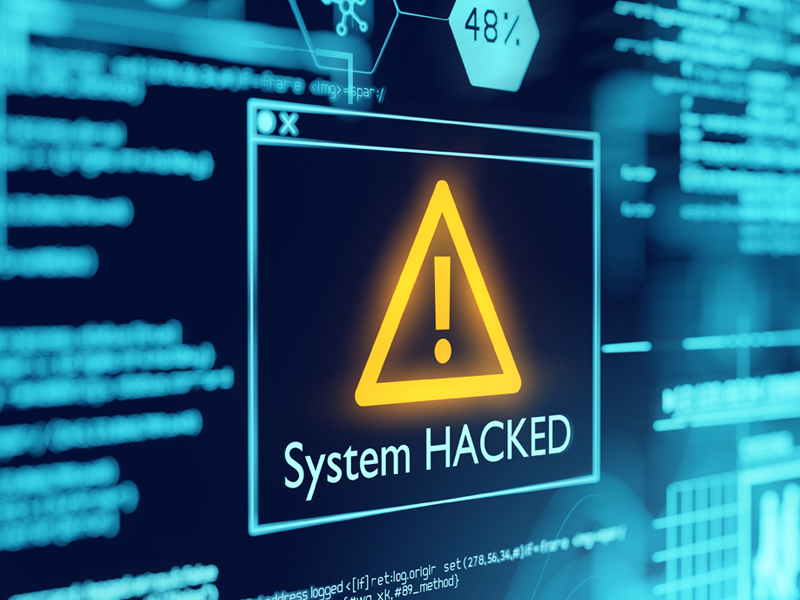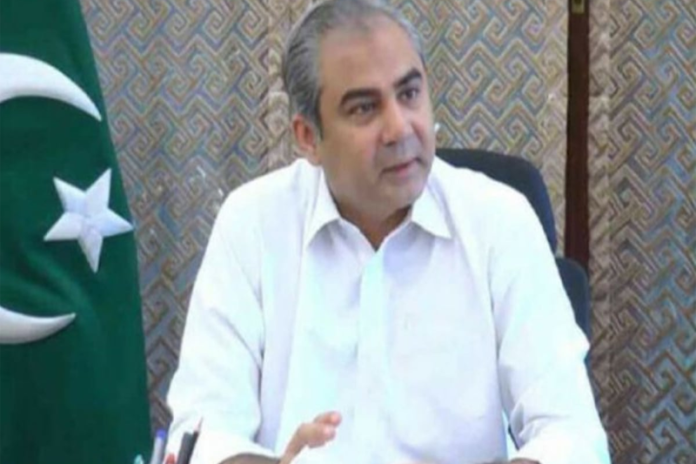Data theft at SECP

- 336
- 0
It is very unfortunate that cybercrimes are becoming rampant with the passage of time. The recent theft of data at SECP is a case in point. An investigative report reveals that the data stolen from the Securities and Exchange Commission of Pakistan's website recently was mainly due to the absence of a proper and updated cyber security mechanism. Since the digital link at the website was weak, the hackers easily scrapped off to have access to its data.
Moreover, the department concerned too was found to be negligent of duty because it failed to conduct a timely test i.e., vulnerability and penetration testing" for its website and IT systems due which it could nip the evil in the bud. The governments all over the world spend millions on dealing with these crimes but our successive governments have failed to do so. As a matter of fact, the cyber-crimes have multiplied at an alarming level during the lockdown and in the post pandemic scenario.
Every now and then we come across cyber-crimes complaints and cases being pursued by the Federal Investigating Agency (FIA), which on an average received over one lakh complaints from the citizens in this connection last year. The actual number of cases may be high as this number is only that of reported cases. Many cases go unreported which is not a good omen either. While the number of such cases is rising rapidly, the number of cyber security experts is seemingly not enough to cater to the complaints galore.
A recent research shows that such complaints have risen enormously, by around 83pc from 2018 to 2020 while 2021 marked further escalation in these numbers. Even the current year has seen a record number of such cases. As reported, the FIA has been given the task of dealing with cybercrimes under the Prevention of Electronic Crimes Act 2016 and this investigation shows that it received a total of 16,142 complaints while in 2020, the number reached an enormous 94,000, registering a whopping increase of over 82 per cent.
A year-wise break-up is as follows: 60pc in the past year while 30pc complaints were reported in 2019. In 2020, only 10 per cent complaints were dealt with by the FIA and 10pc in 2018. Overall, the complaints are relieved from big urban centres. This does not mean that cybercrimes are not committed in rural area but the thing is that those people cannot approach the FIA as FIA does not have office in rural set up. On the other hand, Lahore tops the list of cyber cases complains as it registered over 19,000 complaints with the investigation wing while Karachi was at second place with over 12,000.
The capital city Islamabad, and other cities like Rawalpindi, Multan, Faisalabad and Gujranwala registered have also approached the investigation wing but with lesser number of cases as compared to Lahore and Karachi. The complaints are mostly regarding defamations, fake profile, the Child abuse, pornography, blackmailing, blasphemous content, stalking, spamming and identity theft as also the fraudulent e-transitions and other financial frauds and also women's harass cases and threats to opponents. The above figures are enough to show the seriousness of cyber crimes, but the irony is that these are not taken seriously in our country.
The seriousness of the issue can be gauged from the hacking of the Federal Board of Revenue's website, which put the most important data at risk. And the power utility i.e., K-Electric's system was also hacked during the lockdown in 2020. Similarly, hackers attacked a music website last year and hackers, releasing the users' data of over two and a half lakh persons on the dark web.
A number of banks have also been attacked by hackers and their data hacked and stolen which compelled the account holders in these banks to change their personal identification number (PIN) codes immediately, to avert financial losses. The purpose to say is that cyber-crimes has put the most sensible data of our institutions and consumers at risk which is a big issue and must be taken seriously. Those at the helm of IT affairs in the governments need to come up with an integrated mechanism to stop and retaliate such attacks on public or private institution to make the data of citizens safe.
Time has also come to equip the investigation wing with state-of-the-art equipment's to enhance its performance and bring it at par with that in the developed countries. As reported, FIA offices exist only in big cities but the internet is used countrywide, so the people from far flung areas find it difficult to register complaints with the investigating wing.
The complainants from far-flung areas must be provided facilities at nearby distance by spreading and establishing more office of the FIA across the country and providing it more funds and experts to deal with such crimes. In the wake of increasing number of such cases, it seems time will come these cases will emerge as main crimes outnumbering the rest of complaints and cases in the years to come. Same is the case of the forensic laboratories which are available only in mega urban centre so how can the meager staff and a couple of forensic laboratories and cyber-crimes courts can deal with the influx of complaints and cases galore. And last but not the least; our country needs to be a signatory to the Convention on Cybercrime, better known as the Budapest Convention worldwide.
The government needs to formulate digital polices to not only tame the cyber criminals but also regulate the companies and individual working in this sector so that a system of check and balance is developed and citizens can live in a fear-free environment on social media. As per available reports, there are one hundred million internet users in the country and it is their fundamental right to express their views and make use of social media for their rights, exchange views and greeting with their near and dear one and connect with the people at global level, but this does not mean that this vital sector should be left unregulated as rules and regulations are meant for each and every sector. No one is above the law.
Published in The Daily National Courier, August, 30 2022
Like Business on Facebook, follow @DailyNCourier on Twitter to stay informed and join in the conversation.

















































